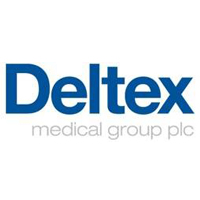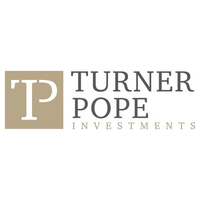Deltex Medical Group plc (LON:DEMG) Chief Executive Officer Ewan Phillips caught up with DirectorsTalk for an exclusive interview to discuss the increased range of medical conditions for which South Korea will reimburse the cost of using ODM, what this means for the company, other international markets and whether 2017 will be a good year
Q1: You announced that the Korean health authorities have decided to increase the range of medical conditions for which they will reimburse the cost of using ODM, can you give us a bit of background to what this means?
A1: Well we’ve had reimbursement, as in the authorities will pay money to the hospital towards the cost of each time they use our device, and then in Korea for over a dozen years but originally when it was set up it was very limited so there were certain types of cardiac surgery procedures, a couple of other types, at least half of which are ones our product isn’t commonly used. The new reimbursement code, which our distributors worked very hard with the authorities to put in place, is much much more general, essentially it covers any patient suspected of having hemodynamic instability and that’s pretty much everyone having an anaesthetic put in them or critical care so it’s very broad which is excellent.
Q2: What does all this mean for Deltex?
A2: Well that means the opportunity to grow in Korea look very interesting. This means there’s a real fiscal incentive or certainly an absence of a fiscal barrier to use the device where it should be used which is in all patients having major and high risk surgery and quite a few specialist applications such as in intensive care so much much broader. Without the reimbursement, it’s very difficult, the South Korea healthcare system is not hugely wealthy so they do depend on the reimbursement, the way that tends to work, once they set up a price, that is the total price of the use of the device, the government pays 70-80% and then the other 20-30% gets billed onto the customer so having that contribution from the government makes a huge difference.
Q3: Which other international markets are you focussed on at the moment?
A3: The big ones are the same they have been for a long time, France we think we’re probably market leader in France or very close to it, Scandinavia, particularly in Sweden we’ve been doing very well but also bit and pieces in Denmark and Norway, we are trying to make things happen in Spain but it’s very small for us, Peru has been strong and remains strong and there are a few others where we’re at earlier stages but those are the big ones where we hope to generate the majority of our export revenue excluding the States.
Q4: Now, you’ve had some other positive news already this year, do you think 2017 is going to be a good year for Deltex Medical Group?
A4: Well, we very much hope so., we’ve did a lot of work last year to get some difficult things done which sets us up very nicely for this year. Our biggest problem in the last 3 years has been the UK market which has been very difficult but clear signs in the second half of sales for our core product levelling off, cautious optimistic we can bring that back to growth this year. The export growth has remained pretty steady on the probe consumables, that’s running at 15-20% increases, we’ve got good traction coming through in France, Scandinavia, Peru, Korea and quite a few other places, the States, which is the biggest market we’re focussed on, that’s gone from flat 5 years ago to growth of around 40% last year and that’s set to hopefully take another step up in growth this year. So, that’s all good, we come into the year with much much lower rates of cash burn than we had, cross that threshold and start to generate our own cash for in the year, we’re taking costs out, we’ve got the high-margin US sales growing strongly and we’ve done some margin improvements which really kick in from January onwards which is pretty substantial, worth of £30,000 a month on top of the £80-90,000 we took out of costs the previous year. So, looking pretty good on all these things, as long as the trends continue that will go well and there’s opportunities to improve the trends.






































